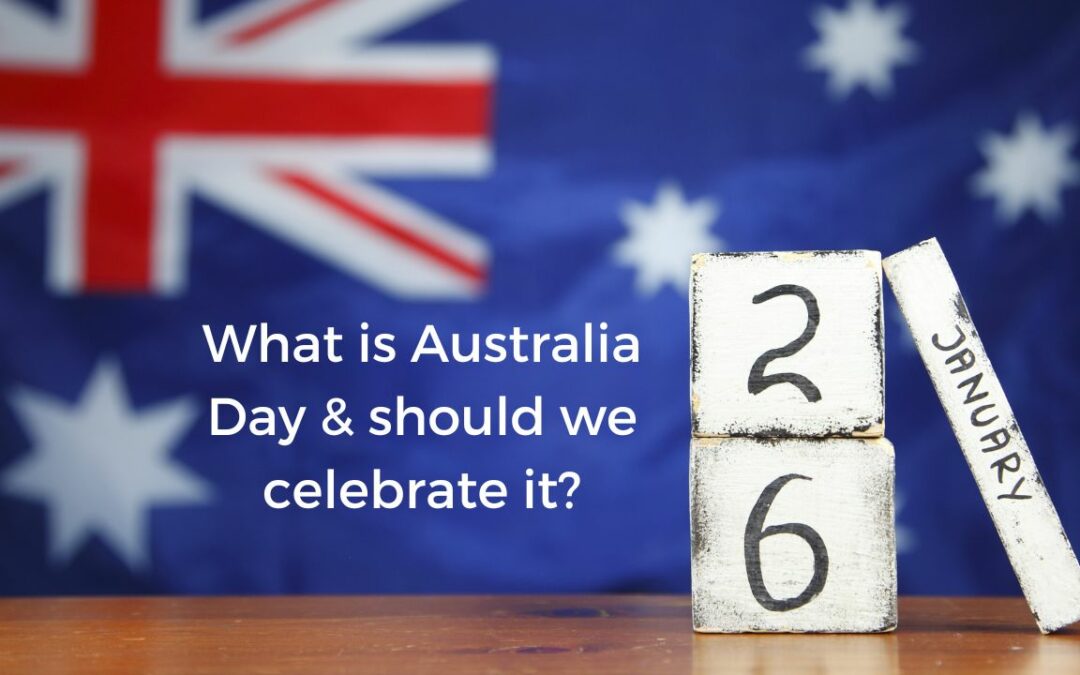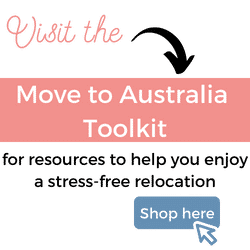Planning your move to Australia? Check out the Move to Australia Directory to find professional services to help you relocate.
Australia Day is held on 26th January every year. It commemorates the date that Captain Arthur Phillip landed at Sydney Cove, raised the Union Jack and proclaimed British sovereignty over part of the continent in 1788. Australia Day is a significant public holiday in Australia, however, opinions about the date have been shifting more and more over recent years.
I thought it was important to write a post about what is Australia Day as I know when we arrived in Australia it wasn’t something we knew much about other than the basic Australia Day traditions of having a BBQ and going to the beach. Understanding a nation’s history is really important when you move to a new country so you can form your own opinions.
When is Australia Day?
Australia Day is on 26th January every year.
Is Australia Day a public holiday?
The Australia Day public holiday takes place right across the country. Where I live in Queensland, the new school year usually begins the week of Australia Day, and the kids get a day off during their first week of school to celebrate. If Australia Day falls on a weekend, states and territories can nominate another day for the public holiday so you’d get the Monday off work and school instead.
What is Australia Day and why do we celebrate Australia Day?
For many Australians, the Australia Day public holiday is a day to party and celebrate our values and freedoms.
Australia is a fabulous country and I absolutely adore living here so being able to celebrate all that makes this country great is a really important Australia Day tradition.
You’ll find many Australia Day events to attend, and the kids get a day off school too (even though they’ve literally only just gone back from their summer holidays earlier that week in many parts of Australia!) so it’s a great way of easing you into the new school term after the long summer holiday.
While the Australia Day traditions are a lot of fun, unfortunately, Australia Day isn’t a straightforward celebration. For some Indigenous Australians, celebrating the event on this date is a reminder of what was taken from them and it’s a reminder of the brutal colonisation of people and land that took place.
What happened back then still has a devastating impact on our society, so it’s not something that happened in the past and can (or should) be forgotten. Since arriving in Australia 9.5 years ago, I’ve seen a big shift in attitudes towards celebrating Australia Day and how people view the significance of Australia Day.
When we first arrived, I didn’t fully understand the Australia Day meaning and how different people interpreted it. I only saw the Australia Day celebrations, beach parties, BBQs and festivals taking place. Now, with every year that passes, I feel that more people are taking the time to understand and stand side by side with the Indigenous communities out of respect.
More and more Australia Day events are making the effort to be culturally inclusive so that everybody can be celebrated, but there is definitely still room for more change. I would love for the date of Australia Day to be moved so that it is inclusive for everyone. Australia Day should be a day that all Australians can stand together and be proud of our nation and look towards a positive future as we build a more inclusive society.
At the moment, it’s a day where many people choose to celebrate and others choose to quietly reflect as it represents the moment that the First Nation’s Peoples were displaced and disadvantaged. It’s an event that divides the nation rather than uniting us.
Whether you decide to celebrate Australia Day or not, it’s your personal choice. Either way, I feel it’s important to spend some time reading about the significance of the celebration so you can appreciate both sides of the discussion and make up your own mind about whether we should celebrate Australia Day on 26th January or not.
I’ve curated some resources for you to explore the subject in more depth.
What is Australia Day? Further reading
Change It Ourselves clearly explains the reasons for proposals to change the date to an inclusive date that celebrates all of Australia’s history. The First Nation’s Peoples still suffer from many inequalities and changing the date won’t be a magic wand to solving these issues, but it would be a step in the right direction to making Australia inclusive for everybody.
Australians Together is an educational resource that aims to change perspectives through telling stories to help non-Indigenous people learn the true story of our beautiful land. It’s all about creating an inclusive Australia, understanding where we came from and making a positive decision about where we go from here.
Common Ground is a site where you can learn more about the First Nations cultures, histories, experiences and stories. The site also has information about Australia Day’s history and what the date means from the perspective of First Nations people. Australia Day wasn’t always celebrated on 26th January.
This article on SBS outlines the date’s history.
This article in the Sydney Morning Herald puts it clearly: Australia deserves to be celebrated. The article suggests alternative times to celebrate that would allow us all to come together, not stand apart.
And this article on Women’s Agenda outlines some of the ways in which Indigenous communities are oppressed.
Some more things you might find interesting about Australia Day…
Fremantle (in Western Australia) hosts an annual inclusive, family-friendly alternative to Australia Day celebrations: One Day In Fremantle. It sounds like a fabulous day filled with family entertainment and celebration and it would be great if more towns and cities offered this sort of event.
From 1st January 2021, Australia’s National anthem was amended to make it more culturally inclusive (a line in the song was changed from: ‘For we are young and free’ to ‘For we are one and free’). Although it’s only a tiny change, this is such an important culture shift and we need to encourage changes like this as every step forward makes a difference.
If you’re keen to understand and unpack more about the subject of inclusion, Louise O’Reilly is a Warrwa-Noongar woman who coaches businesses and individuals in cultural inclusion, diversity and allyship. She has a blog, free Facebook group and a range of courses and masterclasses to educate, inform and support us in being allies to Aboriginal people and other marginalised communities so we can create an inclusive Australia. Find Louise’s site here.
Amnesty International has a post about how to be an ally to Indigenous communities.
Australia Day for new arrivals
You are moving to a country that has a complicated (and bloody) history and it has many unhealed wounds.
We decided to move to Australia because we love the country, its weather, wildlife, values, scenery and its people. We can’t change what happened in the past but we can be an important part of the country’s future.
The first step is educating ourselves. I truly believe that anybody moving to Australia has a responsibility to learn more about Australia’s history and its cultures so we can be part of the solution and create an inclusive Australia.
I hope you’ve found this post about what is Australia Day useful and thought-provoking!
















